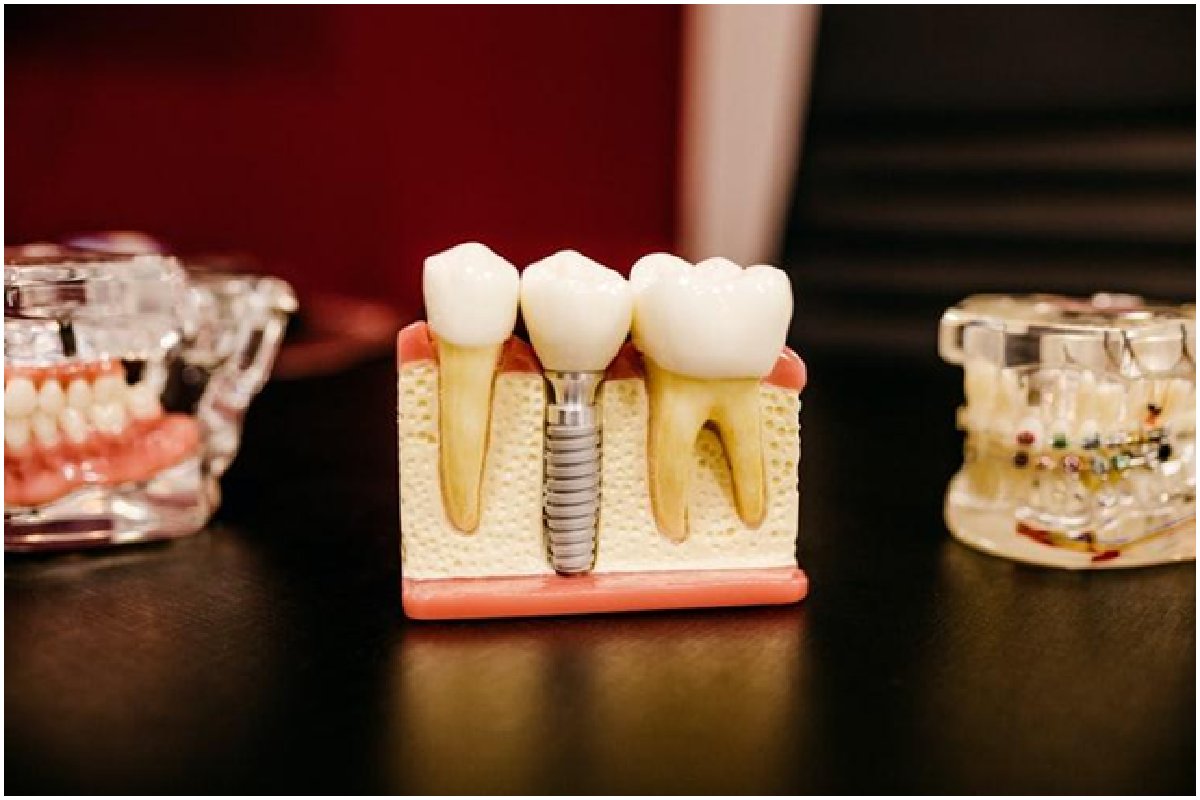Questions to Ask Before Getting a Dental Impact – Your most recent trip to the dentist may have revealed some bad news. If you have been told that your tooth has been damaged beyond repair, either through the impact of a build-up of decay or breakage, you might want to consider getting a dental implant. Some teeth can be repaired by a crown or root canal, however, sometimes the only option is a complete replacement. So, what do you need to think about before deciding whether or not to get a dental implant? Here we outline 5 things it is important to ask your dentist before proceeding.
In addition, veneers are thin coverings placed over the front part of the tooth. Veneers look like natural teeth. Veneers can be used to precise a wide range of dental issues, such as stained teeth, and can’t be whitened by bleaching—chipped or worn teeth.
1. What will happen if I do not replace a tooth?
Not replacing a missing tooth can have various side effects that you will likely want to avoid. Aesthetically, if the missing tooth is in a visible place not replacing your tooth will mean that you have a noticeable gap in your smile. It can also affect the rest of your teeth as it can cause the remaining teeth to shift and cause them to become misaligned. You may also experience difficulties chewing due to the gap in your teeth and the gap can also cause the jaw bone to deteriorate.
2. What are the benefits of getting a dental impact?
If the consequences of not replacing a missing tooth haven’t persuaded you to get a dental implant then perhaps outlining the benefits to your oral health will. A dental implant is a replacement tooth, usually made of titanium, that is inserted into the jawbone and then capped with a crown to mimic a real tooth.
Your dentist will tell you that there are many benefits to replacing a missing tooth with a dental implant. While the initial investment might be steep, many dental implants in London are designed to last a lifetime, meaning that you will, hopefully, deal with the problem of your missing tooth just once. A dental implant will also benefit your overall oral health. As mentioned previously, a missing tooth can cause your jaw bone to deteriorate, but with a dental implant, the root is replaced, meaning that you can chew normally and keep your jaw bone stimulated. Other benefits of a dental implant include keeping your adjacent teeth stable, preventing gum disease (as there is no gap for bacteria to build up in) and they can also prevent facial sagging, which can be a consequence of bone loss.
3. How much does a dental implant cost?
Unfortunately, dental implants do not come cheap and it can be hard to find dental insurance to cover the full cost of the implant. Depending on the material used for the implant the average cost of one dental implant procedure in the US is between $3,000 and $4,000, however, it can be as much as $10,000. It is important to have a conversation with your dentist about what is the best treatment plan for you, that enables you to make a decision that is best for your oral health and is one that you can afford. Some dentists may allow you to set up a payment plan for your treatment so that you can spread the cost over many months rather than having to pay it all in one go.
4. How long does a dental implant last?
While the cost of dental implants may seem very expensive, the good news is that they are designed to last for a very long time. Modern dental implants london can last for more than 30 years. On average, the data shows that you can expect your dental implant to last for between 15-20 years +. You can extend the lifespan of your dental implant by looking after it properly which you can speak to your dentist about. Booking in for regular implant and hygiene reviews at your dentist will also help to ensure that your dental implant does not need to be replaced sooner than it should do.
5. Does the dentist have extensive experience in fitting dental implants?
It is important that, before booking in your dental implant, you are confident in the dentist who will be doing the work. There is nothing wrong with checking your dentist’s credentials and many well-qualified dentists will be only too glad to tell you about their experience and put your mind at rest that you are in capable hands. Through asking your dentist what training they have received to deliver dental implants, and asking how many procedures they have completed, it will serve to put your mind at rest. Your dentist may also have a collection of success stories from other patients about their experiences of having a dental implant that you can refer to before making your decision.
There are many benefits of having a dental implant, however, the decision to have one should be decided in consultation with your dentist so you are sure it is the right one for you.


